In March 2014 Al-Quds Professor Mohammed Dajani took 27 of his students on an education visit to the Auschwitz Nazi death camp to explore the history of the Holocaust and expand understanding. But Dajani was immediately attacked and forced from his position. Two years later, we talk to him about the rise of extremism and how to re-energize the campaign for reconciliation, peace and Palestinian statehood
By Ray Hanania
By the time 2014 arrived, it was already a terrible time for the movement for peace between Israel and Palestine. The peace process had collapsed, violence on both sides by Israelis and Palestinians was increasing and one of the worst assaults by Israel against Hamas in Gaza resulted in the deaths of thousands of Palestinians.
And the movement for peace was eroding rapidly as a result of extremism in both the Palestinian and Israeli communities, each blaming the other.
In March 2014, the moderate Palestinian leader Sari Nusseibeh who once argued that Palestinians should compromise on the issue of the Right of Return (in 2008), was forced out of his position as President of the prestigious Al-Quds University in Israeli occupied East Jerusalem.
Nusseibeh, a longtime voice of moderation, had denounced extremist elements who embraced calls for violence and protestors who turned to images of the Nazis to advocate a response to Israel’s oppressive occupation. He was attacked by both sides, Palestinian extremists and Jewish extremists including from Brandeis University which denounced his criticism of Israeli extremism which exploited the small pockets of Palestinian extremism to reinforce the occupation and to prevent peace.
And right in the middle of that controversy, a fellow Al-Quds Professor, Mohammed Dajani Daoudi was leading a fieldtrip to Poland with 27 of his Palestinian students to visit the site of one of the greatest Nazi atrocities against humanity, the Auschwitz death camp where hundreds of thousands of Jewish civilians were put to death in gas chambers. Auschwitz was one of many death camps operated by the Nazis to exterminate the Jewish people, taking the lives of more than 6 million Jews.
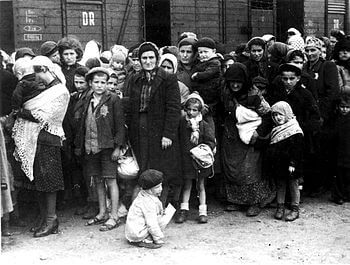
Upon returning from the trip, Professor Dajani was vilified in the Arab and Palestinian media which distorted the facts to falsely claim that the trip was sponsored by Israel to undermine the rights of Palestinians.
I spoke with Professor Dajani about that incident and the issue of the Holocaust and the Palestinian reactions to the Holocaust. I also spoke with him about the issue of normalization, which is attacked by extremists in the Palestinian and Arab community, and how we can achieve peace through reconciliation.
Click here to listen to the audio podcast interview, or use the widget below.
The Holocaust did happen and it is one of the greatest human tragedies. But because of the political conflict between Jews and Palestinians, the Holocaust has been used by extremists on both sides to justify and reject Israel and Palestinian rights.
Some Palestinians believe that recognizing the Holocaust undermines the Palestinian claim to justice against the atrocities and violence committed by Israel in creating their state in 1948 and in enforcing the occupation since 1967 which denies the rights of Palestinians to a state.
Others like Professor Dajani, and myself, believe that the Holocaust is a tragedy and should be recognized by Palestinians as a step towards conciliation and understanding between the two peoples. Compassion and recognizing the truth can help energize and strengthen the movement for peace, and undermine the extremists on both sides who use the Holocaust and other issues to keep us apart.
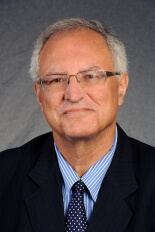
Normalization is another issue in which Israeli sand Palestinians maintain relations, contact and even understanding. The campaign against normalization is intended to keep Palestinians captive to the fanatics who believe that continued violence will one day result in the destruction of Israel and the establishment of Palestine in all of what was historic Palestine. They believe they can turn back the clock to the 1930s and establish a “Democratic” state.
Recognizing the Holocaust does not undermine the Palestinian right to statehood. It does not undermine Palestinian rights nor does it minimize the importance of Palestinian suffering. The Holocaust does not minimize the significance of Palestinian suffering or the Naqba of 1948.
But the only way to peace and Palestinian rights is through reconciliation and recognition of the suffering of both sides, building a coalition of Israelis and Palestinians who believe in peace.
I am proud of Professor Dajani and for the work that he continues to do through the movement he calls Wasatia, or reconciliation. Visit the Wasatia movement website at www.Wasatia.info for more information.
Also, visit Professor Dajani’s Facebook Page by clicking here. Click here for the Wasatia Facebook Page.


- Israelisnipers shooting and killing hospital workers in Gaza - December 11, 2023
- CAIR Condemns Israeli Executions of Wounded, Unarmed Palestinian in West Bank - December 11, 2023
- Arab and Muslim American voters face a “simple choice” between Biden’s inhumanity and Trump’s edgy politics - December 9, 2023













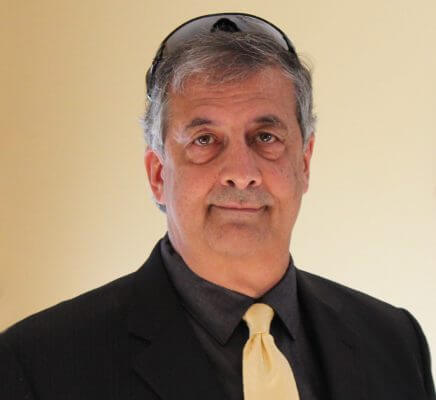

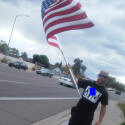

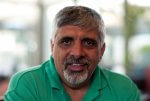

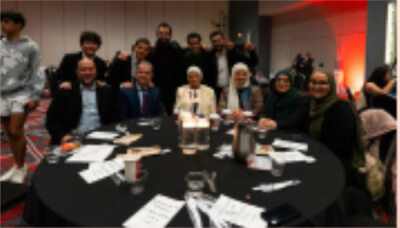





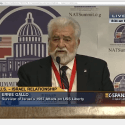
Holocaust Denial is a disease of anger, hatred or stupidity. And it certainly involves a lot of lack of compassion for human beings, regardless of how you feel about the Arab-Israeli conflict …